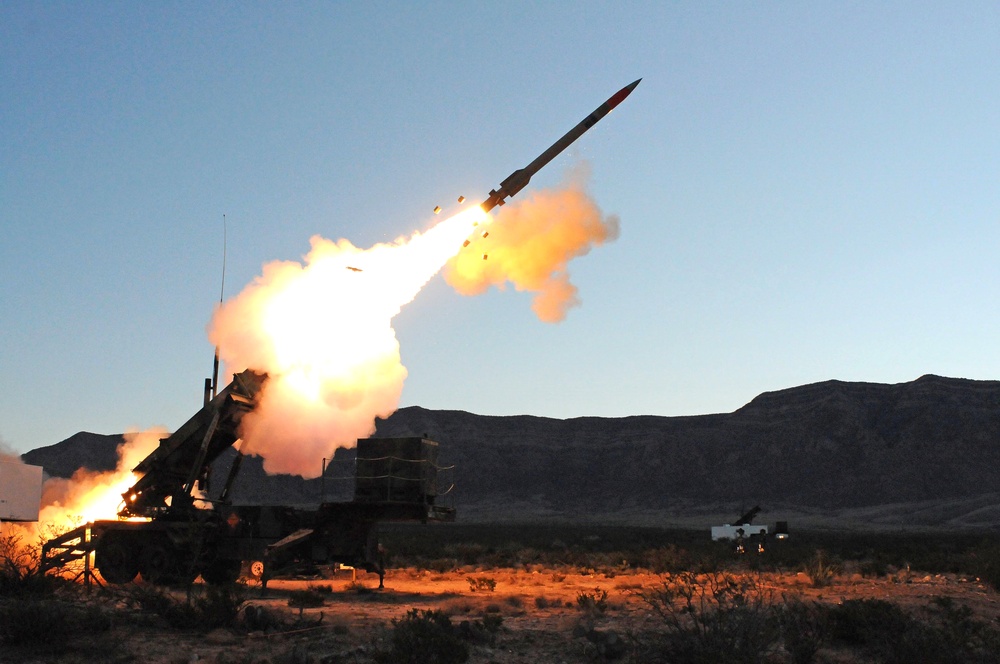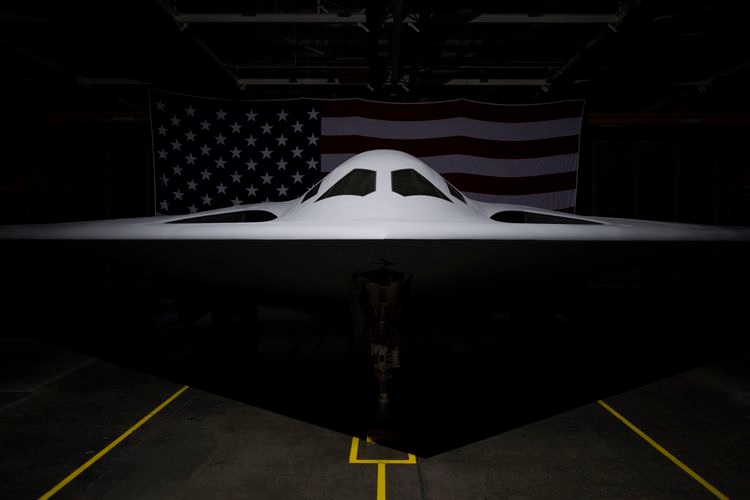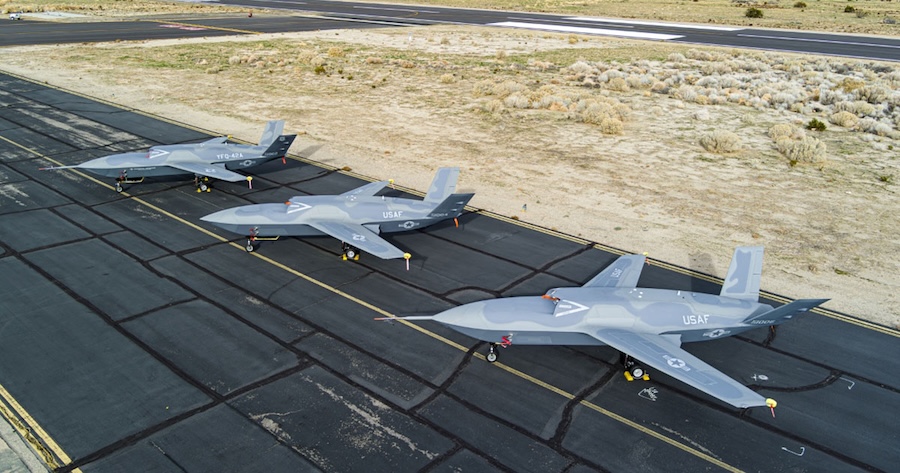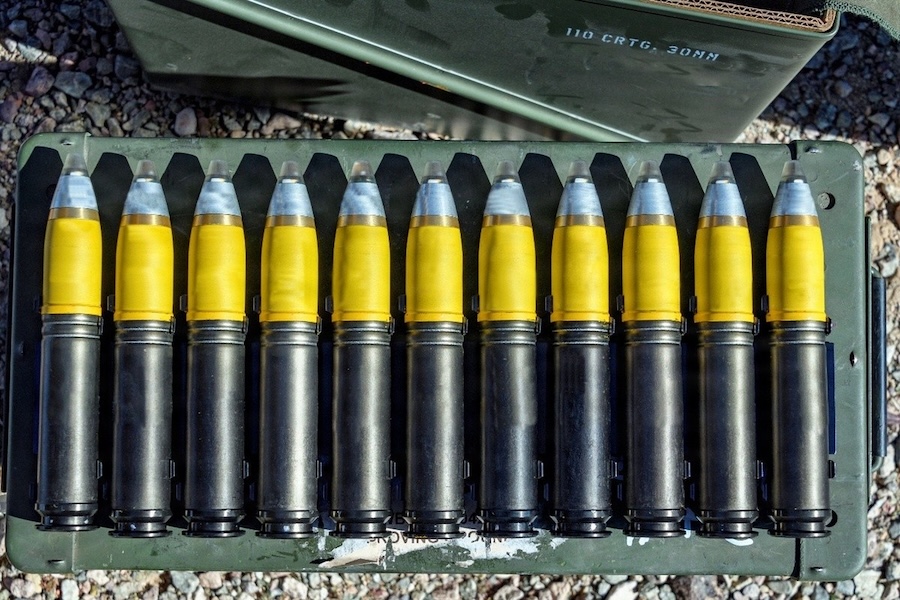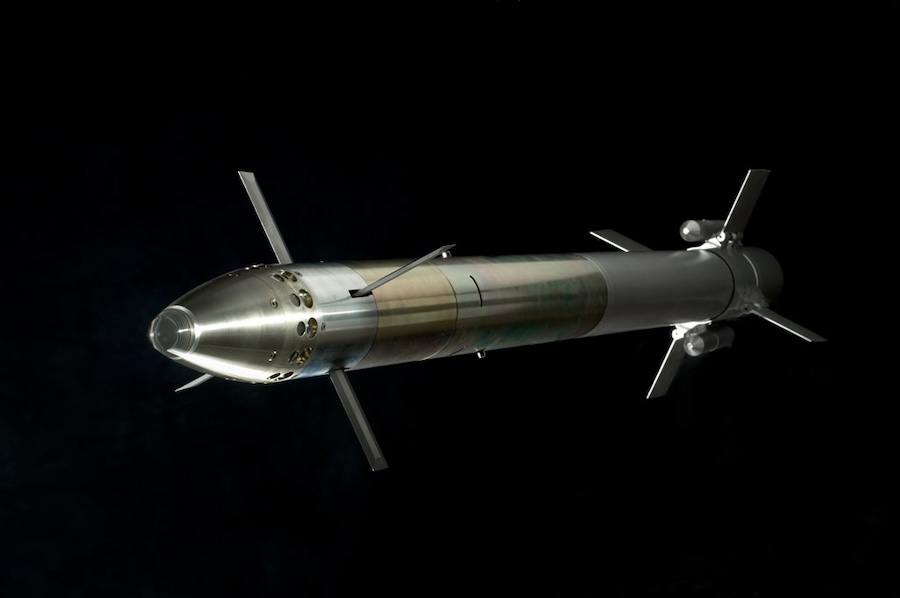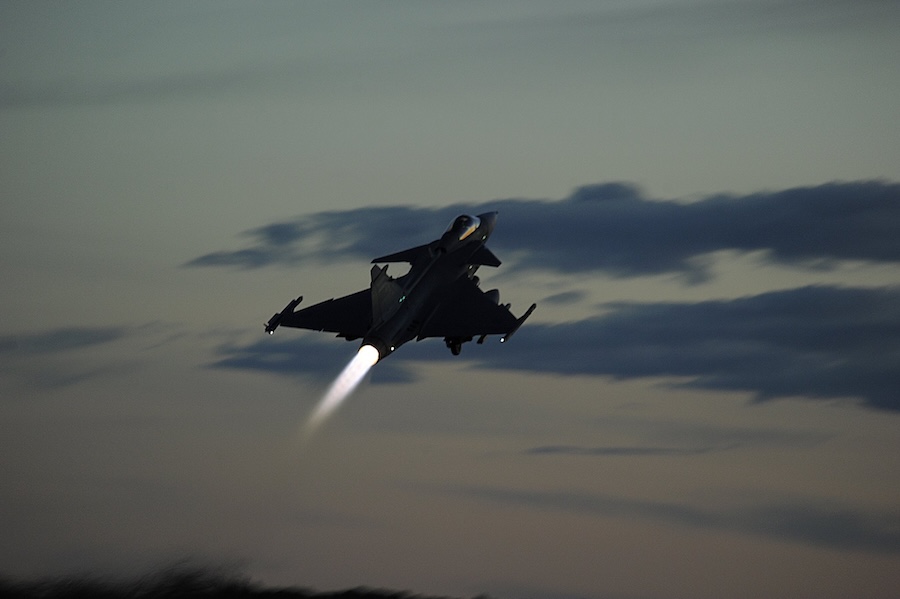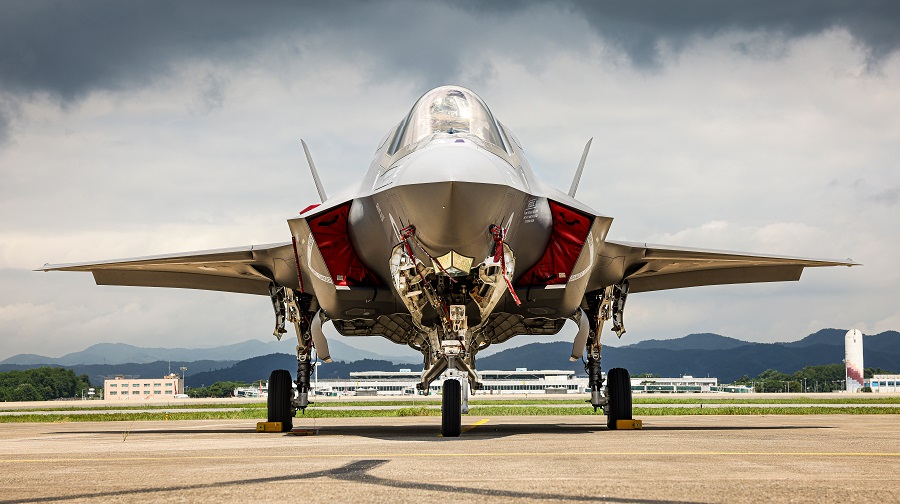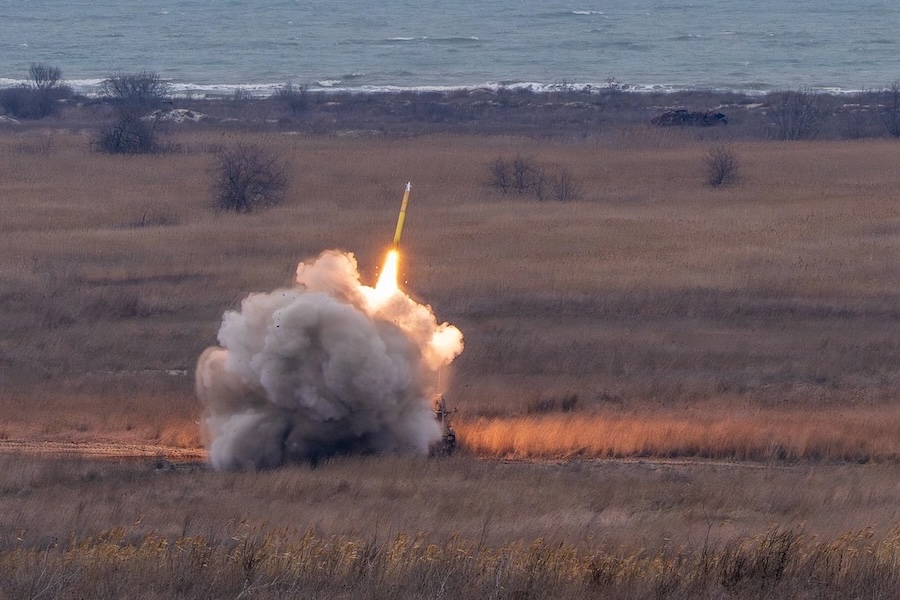The first indication of a change in approach came as Denmark was finalising negotiations over a multibillion-dollar air-defence system. While American and French officials had previously pressed hard for the deal, the U.S. Department of Defense appeared to step back in the closing stages. “We couldn’t understand why,” one contractor involved in tracking the discussions said.
According to two administration officials, Deputy Assistant Secretary of Defense Elbridge Colby told the State Department earlier this month that he did not see value in some foreign military sales. He was quoted as saying he opposed selling Patriot systems to Denmark, arguing they were in limited supply and should be retained for U.S. use.
The Pentagon has reportedly identified weapons deemed in short supply and is moving to block new requests from Europe. Few exemptions are expected, though it is unclear how many systems are affected or how long the restrictions may last. Concerns about Patriot shortages have been raised for months; U.S. officials say the country possesses only about a quarter of the interceptors needed for existing military plans.
Denmark subsequently signed a $9.1 billion agreement with a French-Italian venture for long-range systems and with Norway, Germany, or France for medium-range defences. It marked Denmark’s largest-ever arms purchase.
The decision to pause some sales has raised questions among European allies at a time when Russia is seen as an imminent threat. Mark Cancian, a retired Marine colonel and senior adviser at the Center for Strategic and International Studies, commented: “We tell Europeans we want them to send weapons to Ukraine and buy replacements, but then we say, ‘You can’t have them.’”
Foreign military sales have historically been used by the U.S. as a tool of foreign policy. In the 2024 fiscal year, transfers totalled $117.9 billion. Examples include weapons provided to Taiwan, Israel, and Ukraine.
Officials within the Trump administration are reported to view China as the primary strategic rival, with Colby said to argue that the U.S. should concentrate resources in the Western Pacific even at the expense of European security.
Pentagon Press Secretary Kingsley Wilson dismissed suggestions that Colby was making unilateral policy decisions, calling such claims “absurd.” State Department counsellor Michael Needham also rejected assertions of tension between agencies, describing reports of a rift as attempts to oppose President Donald Trump’s “America First Agenda.”
Analysts suggest that prolonged restrictions could reduce U.S. influence in Europe, weaken allies’ defences, and drive governments towards alternative suppliers. Cara Abercrombie, the Biden administration’s former assistant secretary of defence for acquisition, warned: “If you’re told the already-two-year wait is now going to be a five-year wait, you will be very incentivised to start looking for other alternatives.”
Source: The Atlantic.


